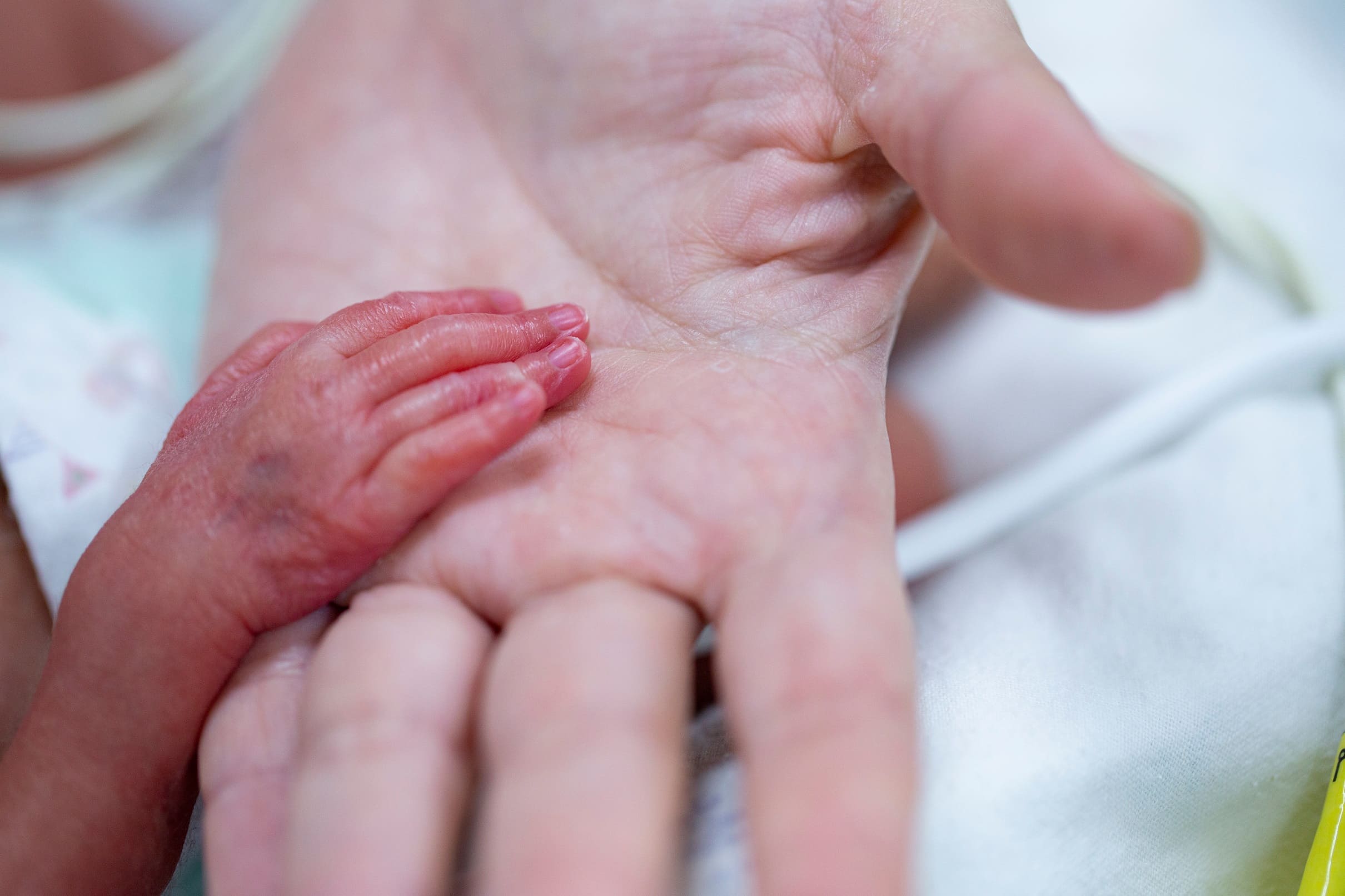Reaction: mortality increased by 20 % in the summer months of 2022 compared to 2019 due to heat, among other causes
From May to August 2022, 157,580 deaths were recorded, 20.5% more than in the same months of 2019, before covid. This increase in mortality was mainly among people aged 75 years and older. Of the causes of death directly related to the heat, heat stroke and dehydration stood out. These are some of the provisional data published by the National Statistics Institute (INE) in relation to deaths in 2022. Covid-19 was the most frequent cause of death, with 31,559 people dying, 20% less than in 2021.









